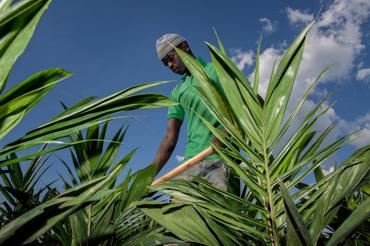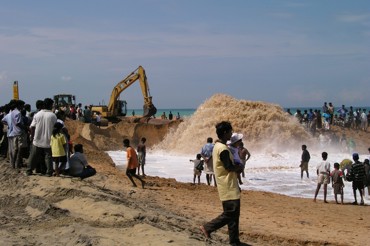The day-long event saw the attendance of the Asian Development Bank (ADB), as well as the project’s co-financers Agence Française de Développement (AFD) and the Japanese Embassy in Metro Manila, Philippines. It gave key actors of the project an avenue to sit down and discuss thoroughly how each output has to be fulfilled, in preparation for the inception report. This meant having to align project expectations with implementing and participating agencies, revise timelines and workplans and build an airtight strategy to make sure the team completes the expected deliverables within the project’s short timeframe.
“The policies have to be ensured by March 2024, which means we have tight timeframe,” Principal Natural Resources and Agriculture Specialist Omer Zafar of the ADB says. “We’re very pleased that the firm NIRAS has been selected together with partners ICEM and SEARCA to execute this technical assistance package.”












